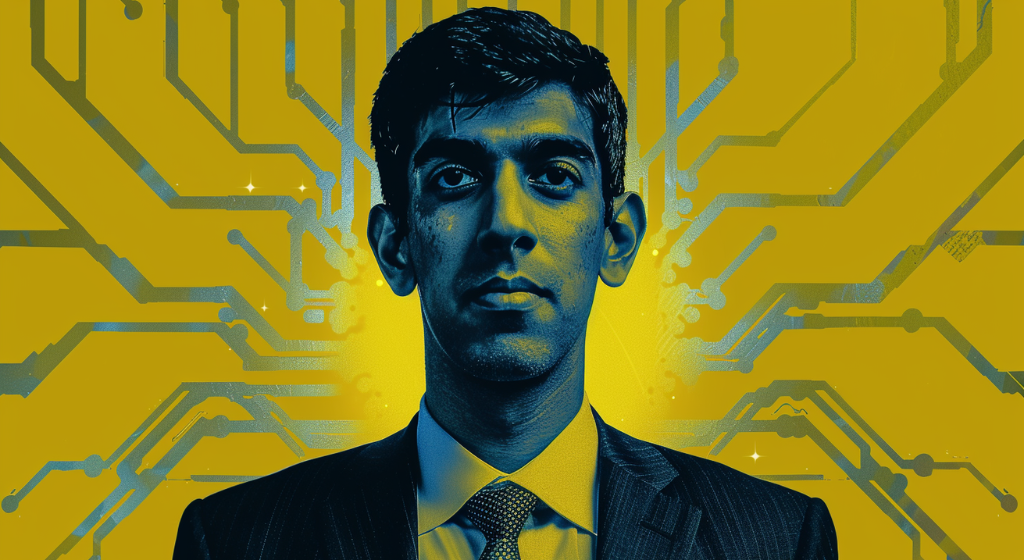
Despite the imminent rollout of increasingly advanced AI models like OpenAI’s GPT-5 and Meta’s Llama-3, which promise significant advancements in AI problem-solving capabilities, Rishi Sunak’s efforts to conduct pre-release safety testing through Britain’s AI Safety Institute have been stymied by the refusal of these companies to grant access. (Source: Image by RR)
AI Companies Reluctant to Share Advanced Models for Testing
Rishi Sunak’s AI Safety Institute (AISI) in the UK has encountered significant challenges in implementing pre-release safety testing of AI models, despite having a “landmark” agreement aimed at ensuring such checks. The agreement, as reported in politico.eu, was intended to scrutinize models like OpenAI’s GPT-5 for security threats before they are released, but has fallen short as major players like OpenAI and Meta have not provided the necessary access. This situation underscores the limitations of relying on voluntary commitments from tech companies without the backing of stringent legislation, as the AI firms prioritize their proprietary interests and competitive edges over regulatory compliance.
At the Bletchley Park AI Safety Summit, tech leaders had agreed to allow the UK government to conduct safety tests on new AI technologies to mitigate potential threats. However, six months later, the initiative has struggled to gain pre-deployment access to the latest AI models. Companies are hesitant to share sensitive technological details or subject themselves to processes that might delay their go-to-market strategies. Only Google DeepMind has allowed the AISI some form of pre-deployment testing access, demonstrating the difficulty of enforcing such agreements without legal requirements.
The U.K.’s AI Safety Institute and its U.S. counterpart are attempting to enhance their collaboration through a memorandum of understanding, aiming to streamline the testing process and set a precedent for global AI safety standards. However, differences in their operational roles and the lack of a direct testing mandate in the U.S. complicate these efforts. The tech industry’s reluctance to open up their AI systems for scrutiny without clear legal obligations reveals a broader issue of jurisdiction and international cooperation on AI regulation.
Critics argue that relying on the goodwill of AI companies is insufficient for ensuring the safety and reliability of AI technologies. The need for binding, legal mandates for safety testing is becoming increasingly evident as AI models become more powerful and their integration into public and private sectors deepens. This push for stronger regulations reflects growing concerns about the potential societal and security risks posed by unchecked AI technologies. As the UK struggles to implement its pre-release testing framework, the call for more robust and legally enforced standards highlights the challenges of keeping pace with rapid technological advancements.
read more at politico.eu







Leave A Comment